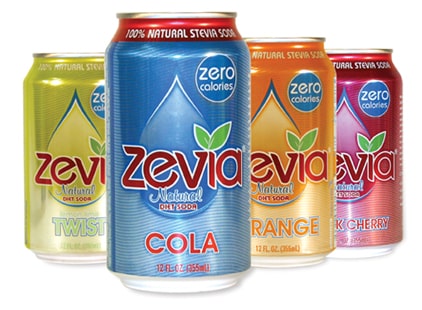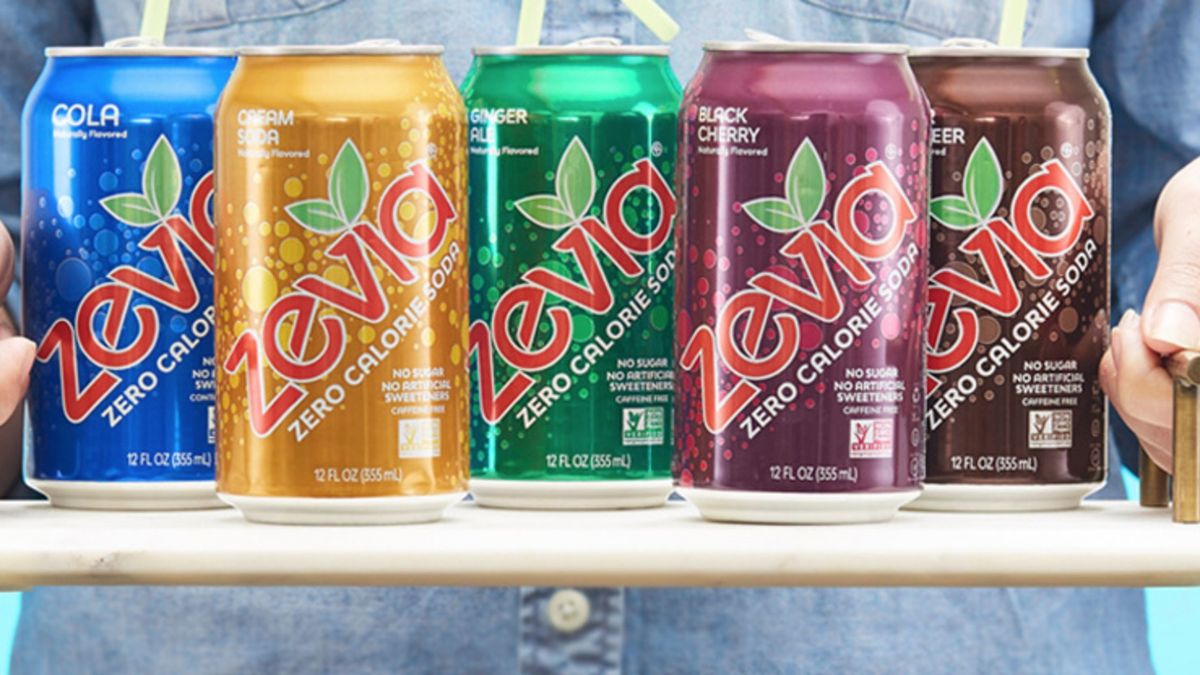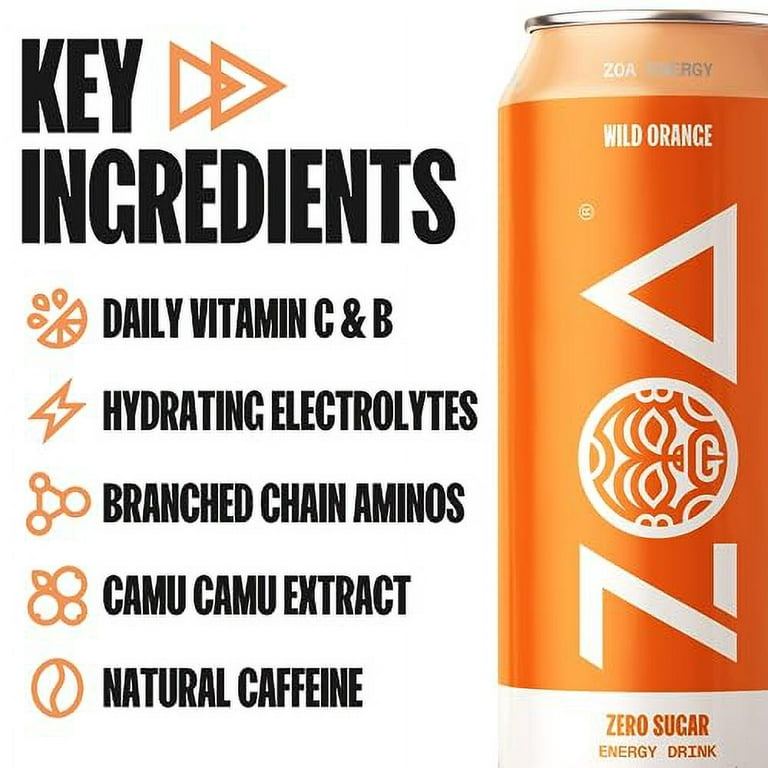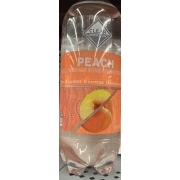Is Zevia Healthy? Unveiling the Truth About This Zero-Calorie Soda
- Is Zevia Healthy? Unveiling the Truth About This Zero-Calorie Soda
Zevia has emerged as a popular alternative to traditional soda drinks, boasting zero calories and sugar, and naturally sweetened with stevia. But the question on many health-conscious minds is: Is Zevia actually healthy? In this comprehensive article, we’re diving deep into what makes Zevia a noteworthy option for soda lovers and dissecting the ingredients to understand if it truly offers health benefits.
A Brief Overview of Zevia

Zevia is a line of zero-calorie beverages that include sodas, energy drinks, organic teas, and mixers. Unlike conventional sodas, Zevia’s sweetness comes from stevia—a plant-based sweetener—and it avoids using artificial sugars or high-fructose corn syrup.
The Health Aspect of Zero Calories and No Sugar
The Calorie Count
A typical 12 oz can of regular soda contains about 160 calories, primarily from added sugars. Zevia, on the other hand, claims to offer:
- Zero calories: Making it enticing for individuals monitoring their caloric intake or trying to lose weight.
The Sugar Story

Regular sodas are laden with sugars, around 40 grams per can. This amount significantly exceeds the recommended daily sugar intake. Zevia eliminates this concern by providing:
- No sugars: Ideal for those wanting to reduce their sugar consumption, such as diabetics or those at risk of developing diabetes.

Analyzing Zevia’s Ingredients
Stevia: A Natural Sweetener
Stevia, the primary sweetener in Zevia, has contested health benefits. Its pros include:

- Natural origin: Derived from the leaves of the Stevia rebaudiana plant.
- Glycemic index: Stevia has a negligible effect on blood glucose levels, making it a safer choice for diabetics.
Nevertheless, stevia also has detractors who are sensitive to its taste or question its long-term health effects.
Other Ingredients to Consider
Apart from stevia, Zevia contains a mix of:
- Natural flavors: These give Zevia its variety of tastes without artificial additions.
- Carbonated water: The essence of any soda, providing that familiar fizzy sensation.
- Citric acid: A natural preservative found in many fruits.
Nutritional Profile: What Are You Really Drinking?
In the table below, we compare the nutritional profile of a typical soda against Zevia:

| Nutrient | Regular Soda | Zevia |
|---|---|---|
| Calories | 160 | |
| Total Fat | 0g | 0g |
| Sodium | 10-20mg | 0-20mg (varies) |
| Total Carbs | 40g (sugars) | 0g |
| Proteins | 0g | 0g |
| Sugars | 40g | 0g (stevia) |
Target Return Policy Without Receipt
Benefits of Choosing Zevia
- Weight Management: Without the calories and sugar, Zevia could potentially help in weight loss or maintenance.
- Diabetic-friendly: As a sugar-free drink, it’s a viable option for those managing blood sugar levels.
- No Artificial Sweeteners: Free from aspartame, sucralose, and other controversial artificial sweeteners.
Potential Cons and Consideration Points
Even though Zevia stands as a healthier option compared to regular sodas, there are some points to consider:
- Nutritional Value: Zevia might not provide any actual nutrients to your diet.
- Stevia’s Mixed Reviews: Research on the long-term health impacts of stevia still lacks unanimity.
- Not a Hydration Substitute: Water remains the healthiest beverage for hydration.
- Caffeine in Some Varieties: Those sensitive to caffeine should steer clear of certain flavors.
Is Zevia a One-Size-Fits-All Beverage?
While Zevia poses as a generally safe choice, not every individual may find it suitable. Kids, caffeine-sensitive individuals, and anyone with stevia allergies must exercise caution.
Conclusion
So, is Zevia healthy? From a calorie and sugar standpoint, Zevia certainly offers a guilt-free soda experience. Its use of stevia and lack of artificial sweeteners add to its appeal. However, it’s vital to drink Zevia in moderation, as with any processed food or drink. It can be part of a healthy diet when consumed responsibly, not as a nutritional supplement, but rather a healthier indulgence for those wishing to enjoy the fizz without the drawbacks of traditional soda.





